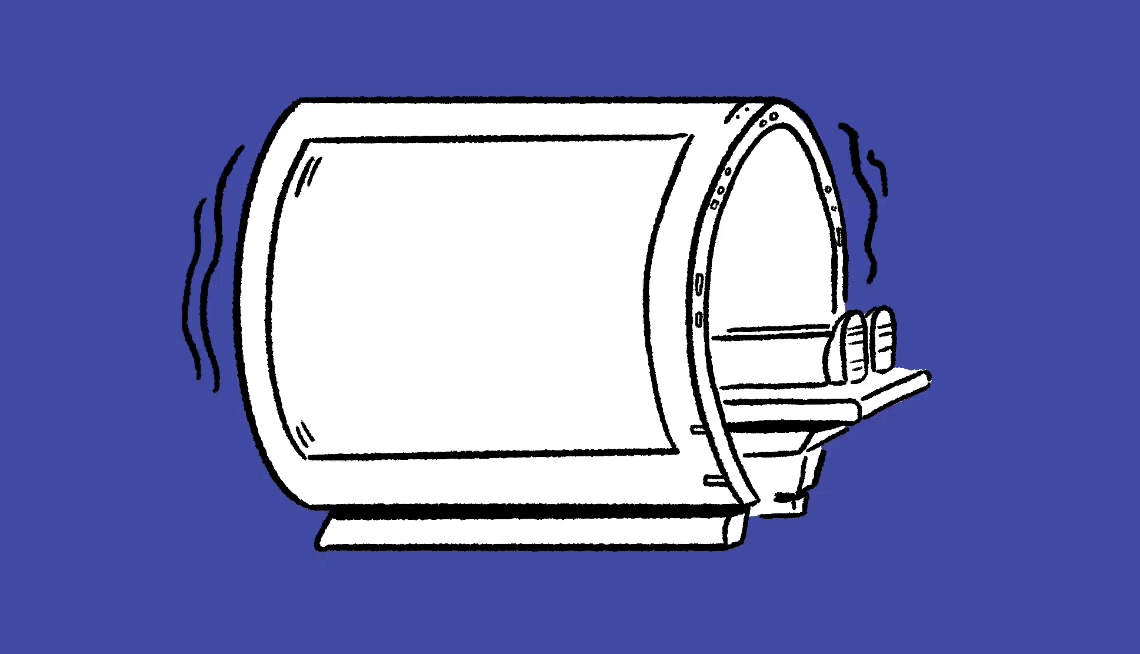AARP Hearing Center


Is it worth it to get a full-body scan?
This question requires a more nuanced response than my usual columns, so I’m going to first explain what a full-body scan is, talk about what this type of scan can and cannot do, and then give you my opinion on whether it’s worth it.
Full-body scans take images of the entire body from head to toe, including your tissues, organs and bones. It uses either a CT or MRI imaging machine. A full-body CT scan uses X-rays and emits a low level of radiation, while an MRI machine relies on magnetic and radio fields and doesn’t release any radiation. Facilities that offer this diagnostic tool often make promises that their machine will catch cancer early before it spreads, as well as signs of cardiac diseases and other abnormal medical conditions.
The scan usually takes around an hour, including preparation, and on average costs between $2,000 and $3,000, sometimes more. It’s generally not covered by insurance or Medicare. From my understanding, no major cancer or other medical institutions recommend full-body scans, and no studies that I know of show that they improve survival.
That said, the U.K. Biobank Imaging Project has just completed the world’s largest whole-body scanning project and collected images from 100,000 participants. The results remain to be analyzed, so stay tuned.
Meanwhile, what we do know is that full-body scans look at big “slices” of the body, rather than capturing a more detailed view. Imagine a loaf of bread that has been cut with a few fat slices rather than many thinner ones. With less definition, this can result in false-positive results, leading to a cascading list of unnecessary follow-up tests and needless worry. On the flip side, it may create a false sense of security. If, for example, the scan missed any microscopic cancers and you receive an all-clear, you may forgo necessary testing.


Ask Dr. Adam
Adam B. Rosenbluth, M.D., is an internist and cardiologist in New York City. Each Monday, he’ll weigh in on your questions about how to make your body work better for you. His AARP book will be published in 2027. Join in on the conversation on social media @dradamrosenbluth to learn to move the needle on your personal health in an achievable way.
One of my patients had a full-body MRI scan recently. He was told, “We see something in your brain.” When he asked the radiologist what it was, he was told, “We don’t know. Our MRI isn’t sensitive enough. You’ll have to have one that just focuses on your brain.”




































































You Might Also Like
25 Great Ways to Cut Medical Bills
Get free health exams, spot billing errors, and other steps you can take
The U.S. is Facing a Physician Shortage
Here’s how you can find the care you need
Try These Tips for Living a Healthier Life
Small changes can add up to big mental and physical results